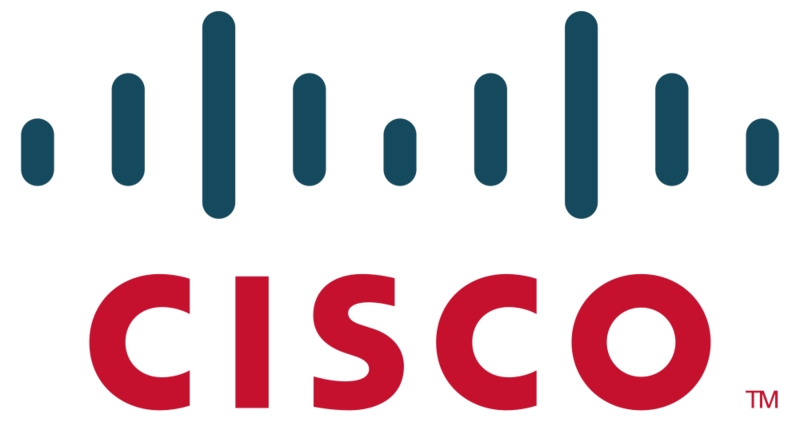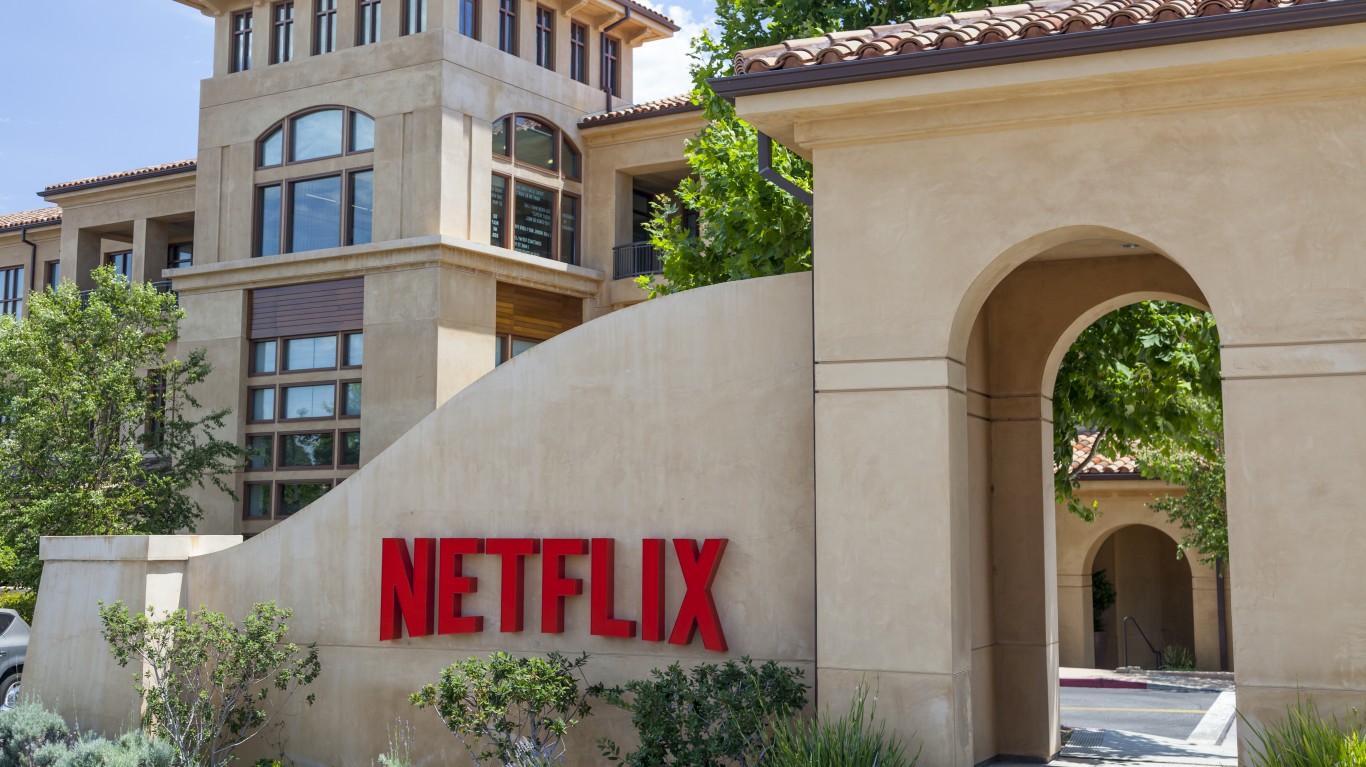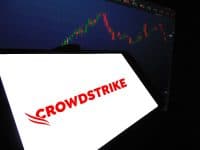The bull market is now almost six years old, and 2014 brought gains of 7.5% for the Dow Jones Industrial Average and 11.4% for the S&P 500 Index. Those gains may not include dividends, but Cisco Systems Inc. (NASDAQ: CSCO) managed to unexpectedly rise a sharp 27.9% in 2014, if you include its dividends. 24/7 Wall St. has run a bullish and bearish review for Cisco, and the other Dow stocks, to see what lies ahead for 2015 and beyond.
Cisco closed out 2014 at $27.82, against a trading range for the year of $21.27 to $28.59. Its consensus analyst price target was $27.21 at the time, and that would imply downside of 2.2% this year. Then there is the dividend yield of 2.8% to consider.
One key issue for the year ahead is that Cisco’s stock price remains a fraction of in its former glory days. Shares hit $70 back in the tech bubble of the late 1990s and into 2000. Many investors have never been able to get past that. Other investors have made money hand over fist buying Cisco’s stock each time the company has disappointed on earnings.
Cisco still has its share of problems. It has been a victim of China and overseas order backlash in the aftermath of NSA concerns. It has also seen the world’s growth markets suffer serious setbacks in 2014. That being said, Cisco has managed to stabilize itself after rounds of restructuring, and the stock is back almost at the top of its five-year trading range. The big question is whether it can get its stock back above $30.
ALSO READ: The Bullish and Bearish Case for Goldman Sachs in 2015
It remains up in the air whether CEO John Chambers will be running the company for many more years. Some market pundits have even opined that Cisco would make a great activist investor target for a proposed breakup of the company. 24/7 Wall St. would warn readers that Cisco is not an easy company to push around, and what might make sense to a corporate raider for a one-time gain would almost certainly seem irrelevant to a management team that has rolled up hundreds of companies to be at the top of its game in networking and communications equipment and services.
Cisco has a market cap of $142 billion. Keep in mind that, as of October 25, 2014, Cisco had repurchased and retired a whopping 4.3 billion shares of its common stock, with an average price of $20.66 per share, for a total of approximately $89.5 billion since it started buying back stock. Cisco’s dividend yield of 2.8% is also very high for most technology leaders.
Several things are up for grabs as 2015 gets off. First is that the core switching market is expected to be solid. Telecom capital spending cuts do not seem as strong as expected even a couple of months ago. The company has to fight a more focused Alcatel Lucent S.A. (NYSE: ALU) and Juniper Networks Inc. (NYSE: JNPR), but Cisco remains a one-stop shop for customers.
Cisco also has gross margins that are high enough that they would make almost any technology provider envious. The worries about data security and hack attacks also has created a climate where customers may have to upgrade their networks, even if the only reason is that they can say they upgraded their entire networks over the fears.
ALSO READ: The Bullish and Bearish Case for Coca-Cola in 2015
At the end of 2014, Cisco was featured among our five cheapest Dow stocks by valuation. The company is now barely valued at 12 times expected earnings. This is a discount to the broader market. One reason for the discount is that growth has been very choppy, and revenue is only expected to grow at only about 3% in 2015 and about 4% in 2016.
With a dividend-adjusted performance of 27.9% in 2014, Cisco’s total expected upside with the dividend included is around 0.5%. Keep in mind that analysts only expected a gain of about 5.1% in 2014 when we ran this same analysis a year ago.
Thank you for reading! Have some feedback for us?
Contact the 24/7 Wall St. editorial team.



